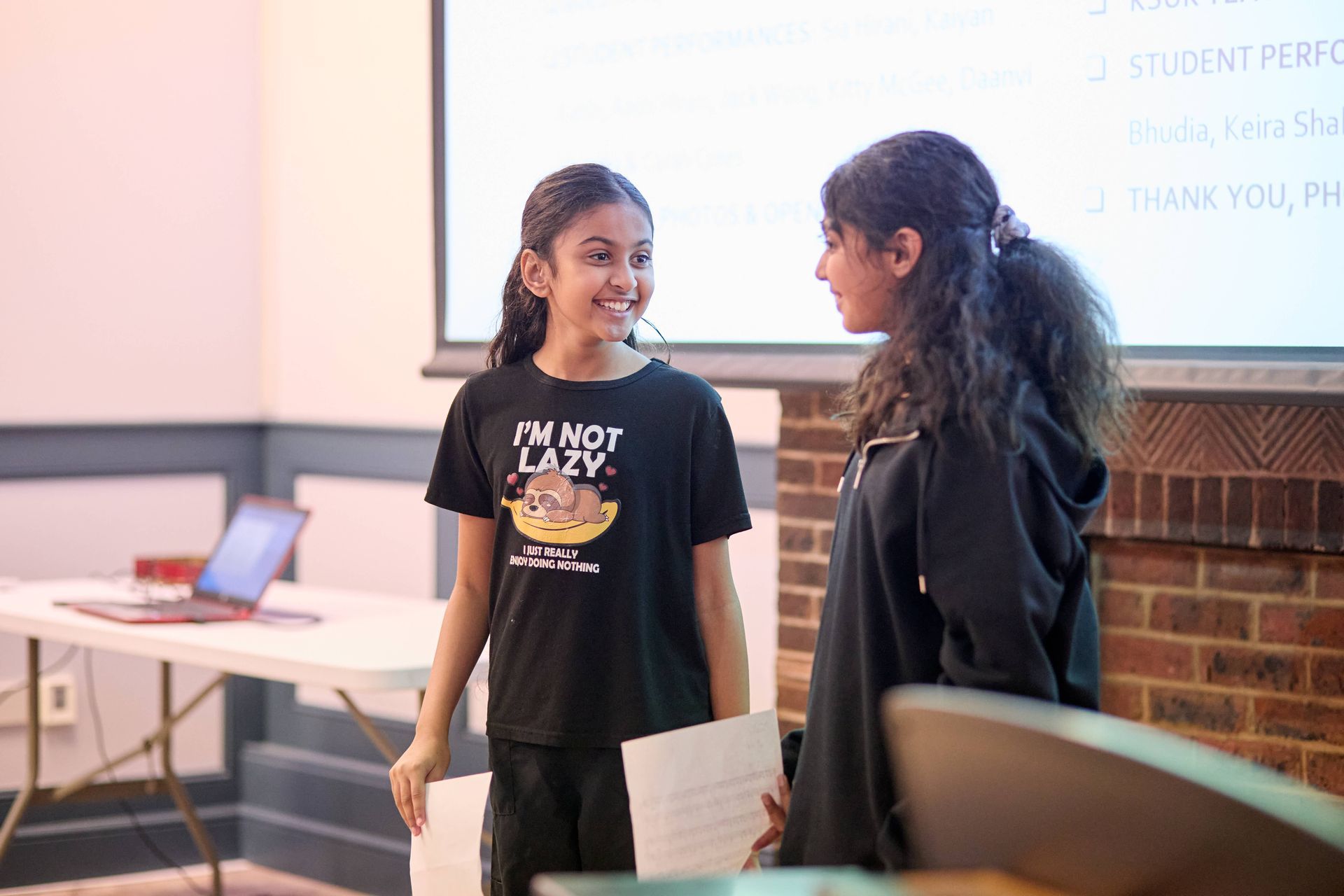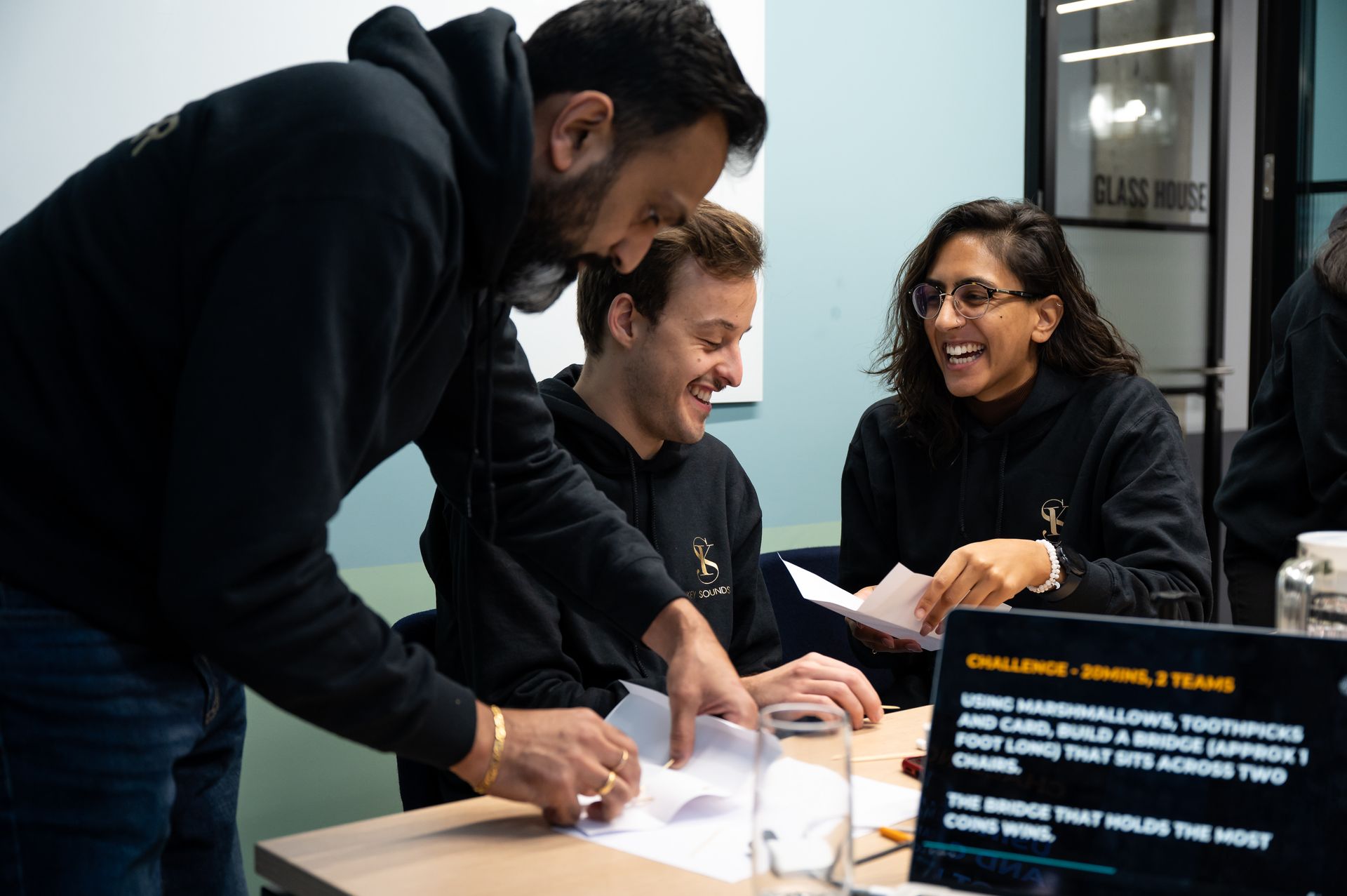Our Top Three Reasons Why Piano is the Perfect Stress-Buster for Busy Students
Are you considering taking piano lessons but feel like you do not have time or see many benefits to learning? Here are our top three reasons why you should reconsider trialling piano lessons:
1. Take a Break from Your Busy Schedule
As a student, balancing homework, activities, and other responsibilities can feel overwhelming, but piano offers a much-needed break from all the busyness. When you sit down to play, you get to focus on something fun and different, giving your brain time to relax and recharge. Try adding short piano breaks between study sessions, even if it's just for 10-15 minutes. You’ll notice how playing helps you feel calmer and more refreshed when you go back to your schoolwork.
2. Channel Your Emotions Through Music
One of the most powerful aspects of piano is its ability to channel your emotions into sound. Whether you're feeling stressed, anxious, or even excited, playing the piano gives you a creative outlet to express yourself. Start by learning a few soothing pieces or improvising on simple chords. The emotional release can be immediate, and you'll find that letting your feelings flow through music helps you manage stress in a healthy way.
3. Boost Focus and Mental Clarity
The act of playing piano requires concentration and mindfulness, pulling you into the present moment. This mindful focus on the keys can help clear mental clutter and sharpen your concentration. Try incorporating 20 minutes of piano practice at the start of your day or during a study break. It’s not only a productive way to relax, but also an effective way to enhance your cognitive performance in other tasks.
Feel free to get in touch for more information: www.keysoundsuk.com/contact



